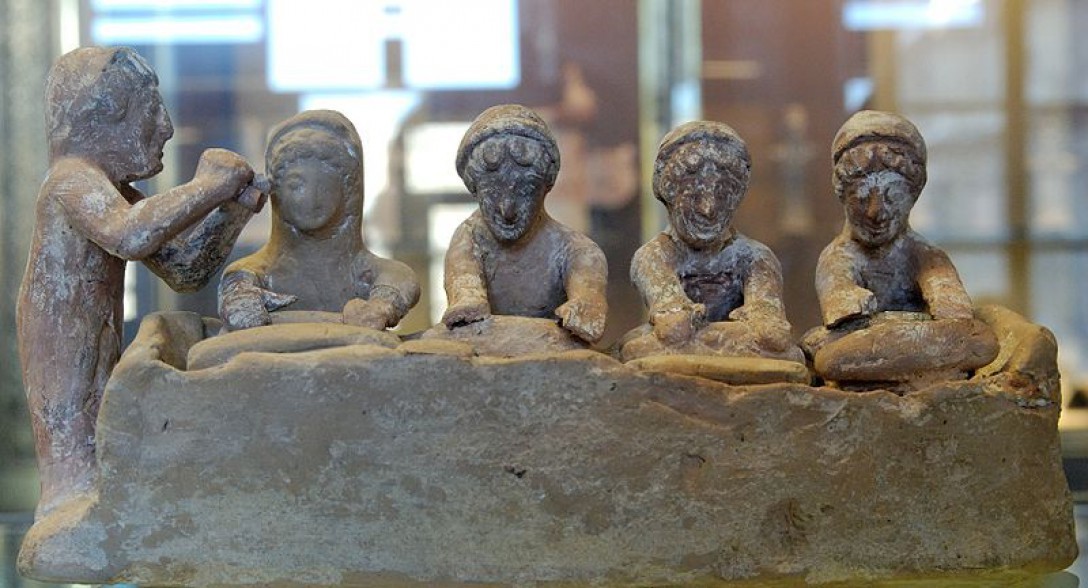My name is ….* and I come from Afganistan. I belong to the Hazara tribe, which is a religious and national minority in my country. When I left my country in 1999, I was 14 years old. At that time the Taliban attacked my village and captured my father because he was fighting against them. They killed him right then and there; in front of my own eyes…they have done the same thing a few months earlier with my oldest brother. After, they locked my mother inside the house and set fire on the house…That day I saw many other people getting killed. I still have nightmares about them. Many times I think that maybe it would have been better if I had been killed that day too, but I had to stay alive to save and take care of my two younger siblings who were then 9 and 10 years old…When we left Afganistan, we went to Pakistan and from there to Iran, where my young sister got sick and died. As we could not support ourselves, I left my other brother to family relatives and I came to Greece, where I immediately started working, so I can send money to him.
Since 2002, according to the collective evidence provided by the Greek government, the number of refugees in Greece has risen from 7.000 persons to 20.684. However, this number is much smaller than the number of economic immigrants which is estimated at 900.000 foreign people and 250.000 ethnic Greeks from Albania and former USSR. As the easternmost European country, Greece is a gateway for people from Asia (Iraq, Iran, Afghanistan, Kourdistan, Pakistan) and Africa (Sudan, Somalia, Nigeria, Congo, Sierra Leone etc.) Refugees from these countries are trying to escape famine, wars, persecution and human rights abuse.
Looking for better living conditions, hoping for a safer and more economically promising life, they pay the largest part of their money for extremely risky journeys. After arriving in Greece, they suffer from financial problems, fear, homesick, depression due to the family and culture separation. Children often suffer the most. On the way to safety, they suffer from hunger, malnutrition, illness, even seperation from families and caregivers.
Last 13 years, instead of finding help, refugees that keep coming to Greece face institutional violence and strong official restrictions. Greece is totally harmonized with the European Limitation for the population coming from third countries. This harmonization has dangerous consequences: reasons for escape are hardly accepted, families are separated, healthcare is denied, failed asylum-seekers are forced to return to unsafe areas.
Greece should never forget its age-long tradition of emigration and the period of resselting 1,5 million refugees from Asia Minor, after the Greco-Turkish War (1919-22). Understanding refugees’ rights through the prism of our historic past make us remember that each refugee is a person exactly like us.



Maria, Laurie
I am afraid that xenophobia is everywhere lately..
Xenophobia seems to be a problem everywhere. Your post is a good reminder of how important it is to fight such instincts.
greece has always been a little slow in understanding the refugee issue, despite the fact that migration has always been part and parcel of life in greece. just think how many people call themselves greek and dont live in greece.
in terms of food, it is incredible to walk down the streets of hania and smell the distinct aromas from the kitchens of these people – they live so close to us, but i feel we hardly know them